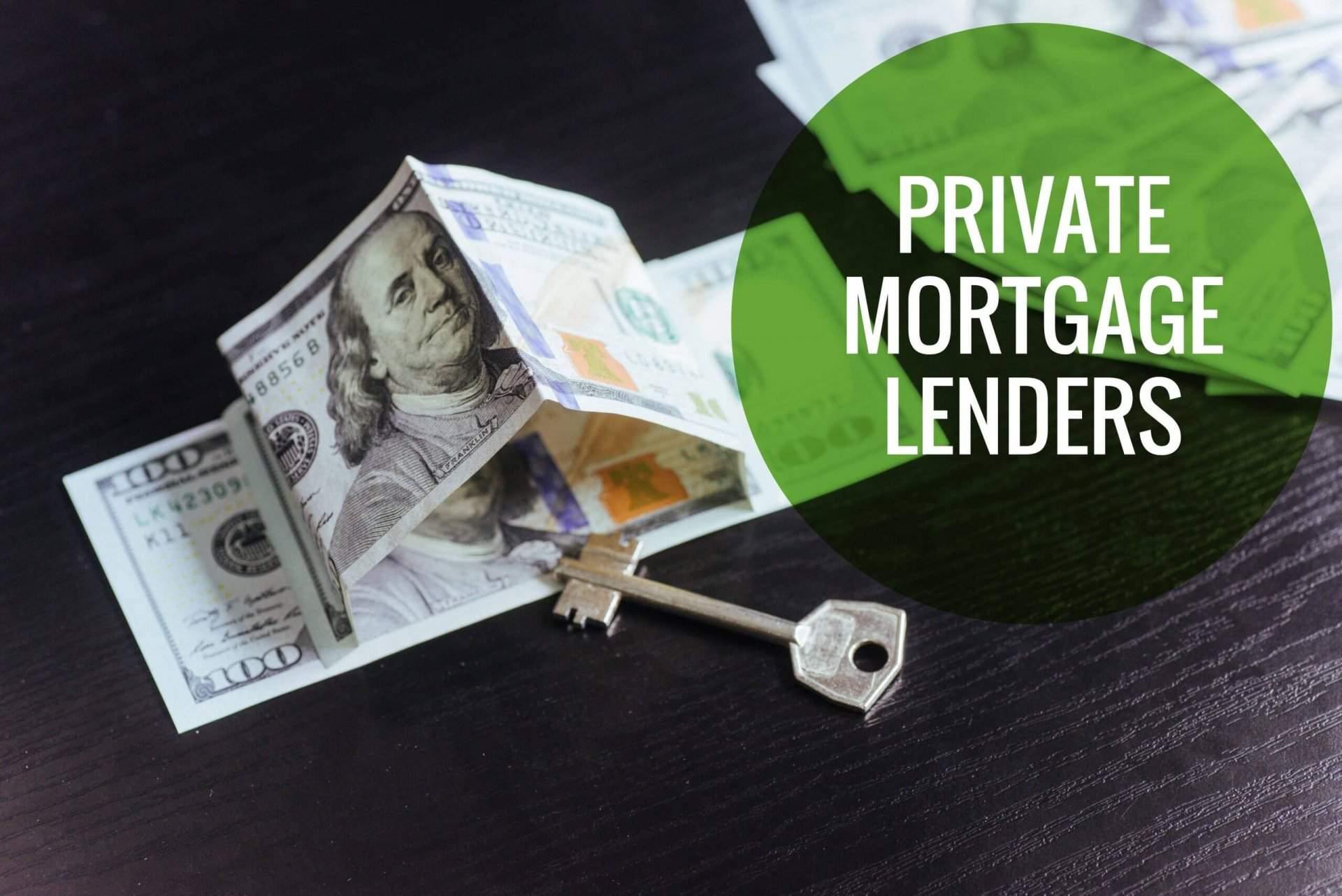Just how It Functions: A Comprehensive Guide to Mortgage Lending for First-Time Buyers
Maneuvering the world of mortgage lending can be daunting for novice customers. Comprehending the fundamental components like principal, interest, and down repayments is essential. Additionally, recognizing the different sorts of home loan and the application process can significantly affect one's experience. By exploring key factors that affect passion rates, buyers might reveal useful insights. What else should they think about before making such a significant economic dedication?
Comprehending Mortgage Basics
When new purchasers enter the domain of homeownership, recognizing mortgage fundamentals becomes essential for making informed choices. A home loan is essentially a finance protected by the residential property being purchased, permitting individuals to buy a home without paying the full price upfront. Purchasers need to recognize key elements, including principal, rate of interest, taxes, and insurance policy, usually summarized as PITI. The principal is the quantity borrowed, while rate of interest is the price of loaning that quantity, expressed as a portion. Taxes and insurance coverage are added costs that can substantially impact month-to-month payments. Purchasers need to also take into consideration the loan term, commonly 15 or 30 years, which impacts repayment amounts and overall rate of interest paid. Recognizing credit rating is important, as they influence car loan qualification and rates of interest. Understanding these essential ideas encourages novice purchasers to navigate the mortgage landscape confidently and make options that straighten with their economic goals.
Kinds Of Mortgage Loan
When thinking about mortgage choices, newbie customers often come across two primary kinds: fixed-rate and adjustable-rate home mortgages. Fixed-rate home mortgages offer security with consistent payments over the funding's term, while variable-rate mortgages can supply lower initial prices that might change gradually. Comprehending these differences is vital for making a notified choice.
Fixed-Rate Mortgages
Fixed-rate mortgages give security and predictability for novice homebuyers maneuvering the complexities of home financing. With a fixed-rate mortgage, the passion price stays constant throughout the lending term, typically ranging from 15 to 30 years. This regular rate permits purchasers to plan their spending plans effectively, recognizing that their regular monthly payments will certainly not vary. First-time customers take advantage of this framework as it eliminates uncertainty in lasting financial dedications. In addition, fixed-rate home mortgages usually include reduced initial rates compared to adjustable-rate options, making them an appealing choice for those seeking to establish home equity with time. Generally, fixed-rate mortgages use a straightforward path to homeownership, perfect for people seeking lasting financial protection.
Adjustable-Rate Mortgages
For novice buyers looking for adaptability, adjustable-rate home loans (ARMs) can give an appealing option to fixed-rate fundings. ARMs typically provide lower preliminary passion rates, making regular monthly settlements extra affordable in the very early years. These rates fluctuate after a preliminary fixed period, which can lead to raised settlements over time. Borrowers must recognize the index and margin that determine future rate modifications. Generally, ARMs have modification durations of one, three, or 5 years, with routine caps to restrict just how much prices can boost at each change. While ARMs can be advantageous for those planning to offer or refinance before the price adjusts, they also bring dangers if market conditions change considerably. Extensive research study is crucial for educated decision-making.
The Mortgage Application Process

Key Elements Influencing Rate Of Interest

Down Payments and Closing Costs
Comprehending deposits and shutting costs is crucial for novice buyers, as these expenditures greatly impact the overall affordability of a home loan. A deposit is the initial amount paid in the direction of the home's purchase rate, generally shared as a percentage. It can vary from as low as 3% to 20% or more, depending upon the financing kind and loan provider demands. A larger down payment can lower month-to-month mortgage settlements and get rid of private mortgage insurance (PMI), which safeguards lenders in instance of default.Closing costs, on the other hand, incorporate numerous charges incurred throughout the home-buying procedure. These may consist of car loan origination costs, assessment charges, title insurance coverage, and attorney costs, normally amounting to 2% to 5% of the home's purchase rate. Newbie purchasers ought to budget for both deposits and shutting expenses to ensure they can secure their mortgage and successfully browse the home-buying process.
Tips for First-Time Homebuyers
What vital ideas can novice homebuyers comply with to navigate the typically difficult procedure of purchasing a home? Setting a sensible spending plan is crucial. Customers ought to examine their economic situation, consisting of earnings, expenditures, and prospective mortgage settlements. Next off, obtaining pre-approval for a home loan can provide clearness on what one can pay for and strengthen their setting when making an offer.Researching areas is equally vital; buyers need to think about factors such as services, schools, and future advancements. Additionally, it is a good idea to deal with a qualified genuine estate representative that can offer important understandings and advice throughout the buying process.Home examinations should not be neglected, as they can reveal hidden issues that may affect long-term contentment. Buyers ought to continue to be individual and flexible, comprehending that finding the best home may take time. By following these tips, first-time buyers can come close to the marketplace with confidence and understanding.
Frequently Asked Questions
What Documents Are Needed for Mortgage Pre-Approval?
For mortgage pre-approval, individuals typically require to provide revenue confirmation, employment background, credit useful site history reports, tax returns, financial institution statements, great post to read and information of any type of financial obligations (Private Mortgage Lenders Savannah GA). These records aid loan providers assess economic ability and determine lending qualification
Can I Get a Mortgage With Bad Credit Scores?

Numerous lending institutions think about candidates with bad credit rating, though terms may vary. Greater interest rates or bigger down payments might be needed. Exploring alternatives with specialized lenders or government programs can likewise enhance opportunities for approval.
For how long Does the Mortgage Authorization Process Take?
The mortgage authorization procedure usually takes in between 30 to 45 days. Variables affecting this timeline consist of the lender's effectiveness, the debtor's economic documents, and the intricacy of the funding application. Hold-ups may take place due to additional demands.
What Occurs if I Miss a Home Loan Repayment?
If a home loan settlement is missed, late charges may be sustained, and credit rating can endure. Long term non-payment might result in foreclosure procedures, triggering the loan provider to reclaim the residential property after a collection of cautions.
Can I Re-finance My Mortgage Later On?
Re-financing a home mortgage later is typically feasible, enabling property owners to adjust their funding terms, rate of interest, or regular monthly settlements. However, eligibility depends on credit rating, current market conditions, and the existing mortgage's terms. Private Mortgage Lenders Savannah GA.